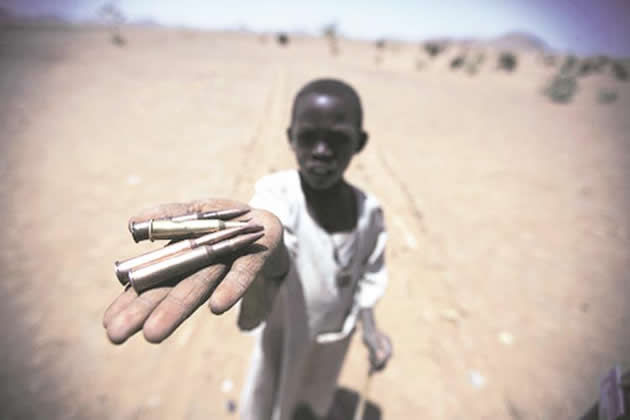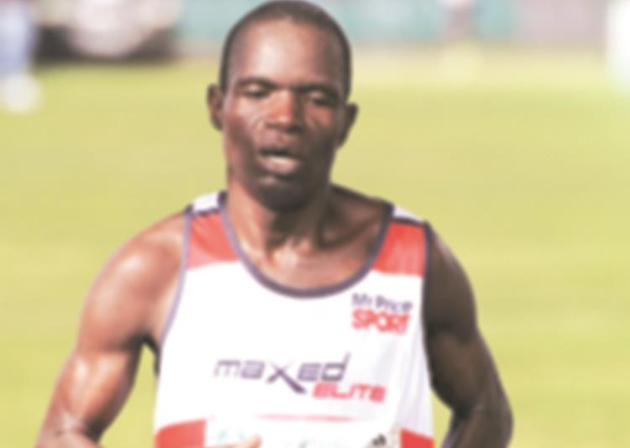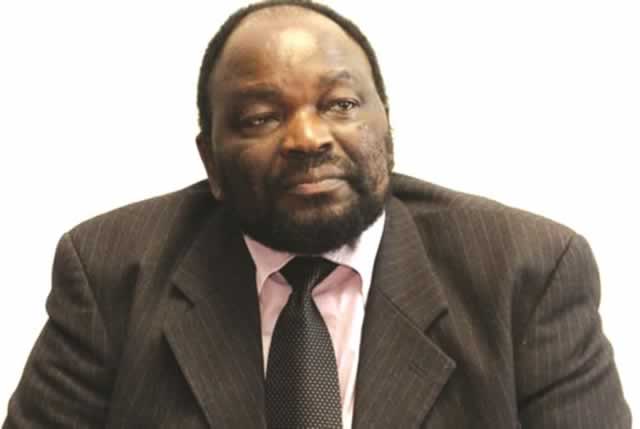Sudan and African Union: Why the roadmap?


The roadmap to the peaceful resolution of the differences between Sudan and the Republic of South Sudan as well as the conflicts in Darfur is littered with bullets
Hamdan Wadi Dldoom Special Correspondent
A roadmap is a detailed explanation and plan to guide progress towards a goal. Since July 2011 the African Union has mandated the African Union High-Level Implementation Panel (AUHIP) to facilitate negotiations relating to South Sudan secession from Sudan including disputes over oil, security,
citizenship, assets and common border and Sudan internal conflicts.
On 2013 AUHIP adopted the inclusive approach to the differences impeding peaceful resolution of the issue of Sudan and the Republic of South Sudan as well as the conflicts in Darfur, the two areas, namely Southern Kordofan and Southern Blue Nile.
Since that time and before the AUHIP presented many initiatives and presided over a host of rounds of negotiations but in vain, because of the prevarication and devious manoeuvres of the so-called Revolutionary Front which a coalition of the rebels in the two areas, Darfur and the civil opposition, in fact the rounds of negotiations have been tantamount to a vicious circle. In such circumstances that reflect the lack of desire to move forwards we should come up with something to help to make progress. That was the perception beyond the AUHIP tabling a roadmap to the contending parties last week in Addis Ababa, the seat of the AU.
As the government of the Sudan is desirous for peaceful resolution of conflicts to end the suffering of the affected, agreed to sign the roadmap without any reservation while the other parties refused to do the same on allegations of the panel partiality, heedless of the plight of the people in the conflict zones. The position of the coalition is a clear manifestation of the lack of interest to commit themselves to any endeavour that would make a step forward.
Firstly, the disputed roadmap proposes the urgent resumption of the negotiations, reaching a cessation of hostilities “COH” and permanent ceasefire “PC” agreement, followed by separate talks on the two areas and Darfur. In addition it provides that matters of national nature shall be discussed within the National Dialogue process.
It endorses the National Inclusive Dialogue initiated and inaugurated by the government in October last year and still continues and open to include the remaining rebel movement and the civil opposition which were not joined yet. Simultaneously, the process will conclude an agreement providing for immediate humanitarian assistance to the needy population. These negotiations will be based on the existing draft agreements.
Secondly, the agreements to end the conflicts should be synchronised with agreements on the relevant political matters and therefore the parallel COH and PC negotiations relating to the two areas and Darfur. A joint committee or committees will be established to ensure the necessary synchronisation between the implementation of the permanent ceasefire and security arrangements and the conclusion of the relevant political processes.
Thirdly, the parties to the roadmap acknowledge that the Sudan National Dialogue convened by HE the President of the Republic started in Khartoum in October last year, however, that was not sufficiently inclusive as it did not include the signatories to the roadmap agreement, namely the Justice and Equality Movement (JEM), the Sudan Liberation Movement/Army – Mini Minawi (SLM/A-MM), the Sudan People’s Liberation Movement-North (SPLM-N) and the National UMMA Party (NUP). Accordingly, they agreed that the 7+7 Committee of the National Dialogue should urgently meet in Addis Ababa to consider the inclusivity in the dialogue which the parties agree is vital.
Fourthly, the parties agree that recommendations concerning the future of Sudan should emanate from truly inclusive process which should include the above-mentioned parties. The decision reached though such an inclusive process would serve as the basis of the national constitution which should be negotiated through an inclusive process.
Fifth, the parties will also negotiate a roadmap with timeframes which will encompass the various steps visualised in this roadmap agreement.
Sixth, the parties, in consultation with AUHIP, will determine the timeframes for the actions required in this roadmap agreement.
Seventh, the parties will do everything possible to implement the provisions in this roadmap agreement convinced of the urgent need to bring about just peace throughout Sudan, which peace must address all the important issues which have historically divided the people of the Republic.
The African Union Peace and Security Council and the government of Sudan call upon the peace-loving parties to exert the necessary efforts to convince the coalition to sign the roadmap so that the process could start immediately. The chairperson of the Commission, Dr Nkosazana Dlamini-Zuma, notes that the roadmap agreement represents an important milestone in determining a practicable way forward towards ensuring progress in the negotiations on cessation of hostilities and a permanent ceasefire in the two areas and Darfur, and in ensuring an inclusive National Dialogue in Sudan as basis for lasting peace in the country. Dr Dlamini-Zuma stated that she wishes to underscore that the AU remains steadfast in supporting the Sudanese parties, guided by the full understanding that the Sudanese parties have the capacity and the political will to address all challenges that continue to face their people.
- Hamdan Wadi Dldoom is the Ambassador of the Republic of Sudan to Zimbabwe









Comments